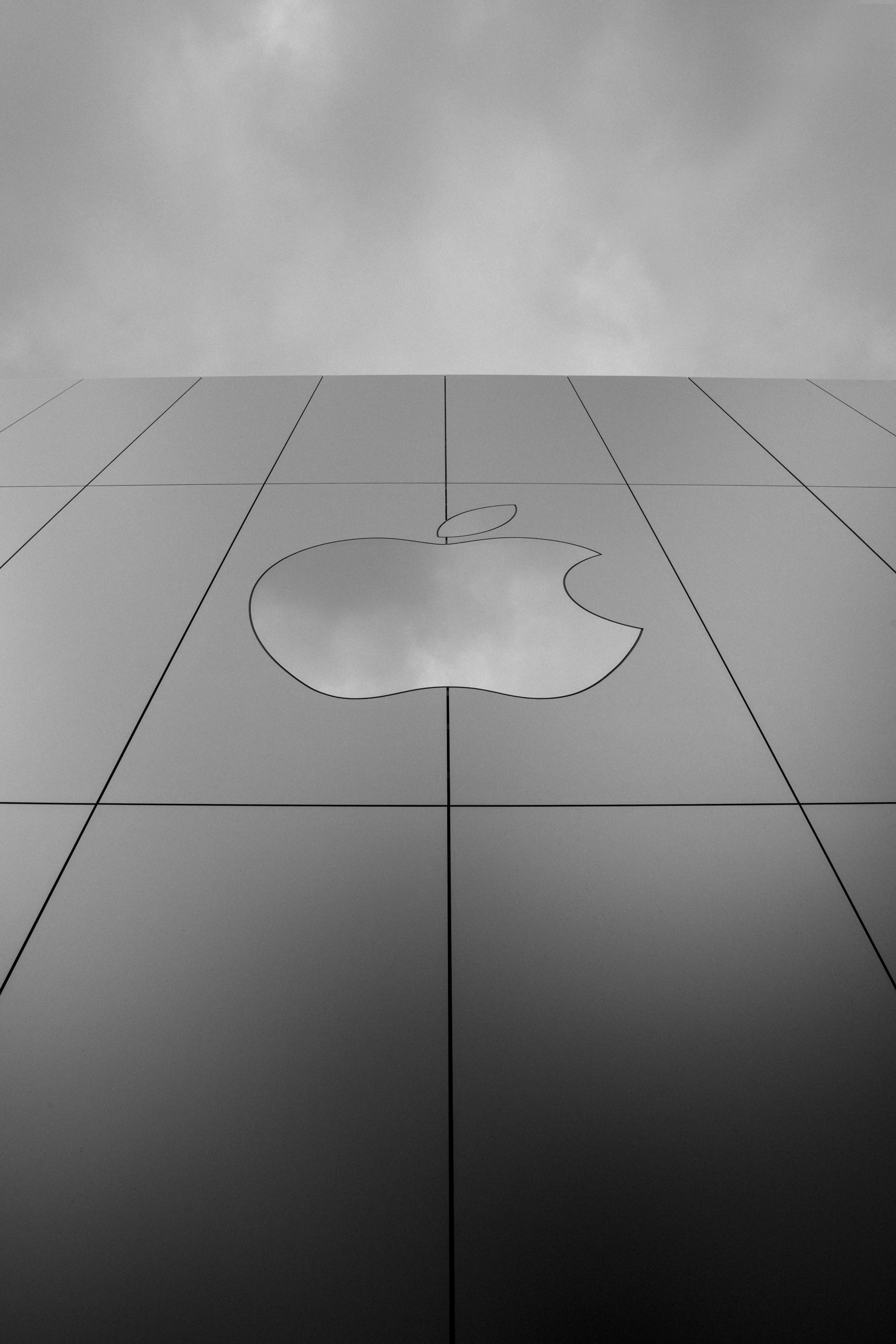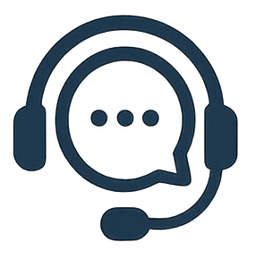Apple's customer service has long been seen as a benchmark in the technology industry, known for its seamless, customer-centric approach. This case study illustrates how such a model can be applied to the healthcare sector to improve patient experience and satisfaction. By analyzing Apple's strategies, healthcare organizations can transform their customer service, fostering stronger relationships and enhanced outcomes for patients.
Understanding Apple's Customer Service Excellence
Apple's customer service is renowned for its consistency and reliability, combining high-tech solutions with personalized care. The company's "Genius Bar," an in-store support option, exemplifies the importance of face-to-face customer interaction, even in a predominantly digital age. Additionally, Apple's comprehensive online support, with chat and phone options available 24/7, ensures customers have their issues addressed quickly and efficiently.
In the healthcare industry, similar approaches can be implemented by developing robust patient support systems. For instance, a hospital or clinic could establish onsite customer service desks akin to the Genius Bar, where patients or their families can easily access needed information. Moreover, healthcare providers should ensure their digital platforms provide comprehensive support, including immediate help through chat or phone call features.
Personalization and Proactive Service in Healthcare
One of Apple's secret weapons is their use of data and feedback to personalize customer interactions. From remembering past purchases to offering tailored recommendations, Apple's approach makes customers feel valued and understood.
Healthcare providers can benefit significantly from adopting a similar tactic. By utilizing patient data responsibly, health professionals can personalize healthcare experiences, from appointment reminders to recommended wellness plans. A proactive patient care strategy, based on personal health data, can drastically improve patient satisfaction and health outcomes.

The Role of Technology in Enhancing Customer Service
At the heart of Apple’s customer service success is its seamless integration of technology to support customers whenever and wherever they are. The use of apps for scheduling, tracking product information, and facilitating repairs makes customer service more efficient and approachable.
Healthcare can leverage technology in various ways, such as implementing electronic health records (EHRs) that allow seamless sharing of patient information across different healthcare providers, or developing patient-focused apps that streamline appointment scheduling, patient history tracking, and online consultations. Investments in technology can reduce wait times and make the system more efficient, resulting in a more patient-centered approach.
Empowering Employees to Deliver Outstanding Service
Apple's customer service success is also attributed to its employee empowerment strategy. Employees receive extensive training and are entrusted with the authority to make decisions that benefit the customer. This empowerment boosts employee morale and ensures quick, customer-focused solutions.
In the healthcare sector, empowering staff by offering them the necessary training and authority can turn them into patient advocates. Training healthcare employees to handle patient inquiries efficiently and empathetically will improve the overall patient experience. Allowing healthcare workers to have a degree of autonomy in decision-making can facilitate faster, more personalized service delivery.
Feedback Loops : Continuous Improvement in Customer Service
Apple excels in creating feedback loops that fuel their continuous improvement initiatives. Regular feedback mechanisms, such as surveys and service ratings, help Apple to constantly refine and enhance their customer service strategies.
For healthcare organizations, developing structured feedback systems where patients can share their experiences and suggestions can pinpoint service weaknesses and opportunities for improvement. By incorporating patient feedback into a regular review cycle, healthcare providers can adapt to meet expectations and maintain high standards over time.
Conclusion
Adopting Apple's customer service principles can significantly transform the healthcare industry. By combining personalized service with technology and empowering staff to deliver high-quality care, healthcare providers can enhance their patient experience tremendously. Focusing on feedback-driven improvement will ensure that healthcare institutions continue to refine their services, meeting patient needs effectively. By following these strategies, healthcare organizations can create a customer service model that not only improves patient satisfaction but also fosters trust and loyalty.








